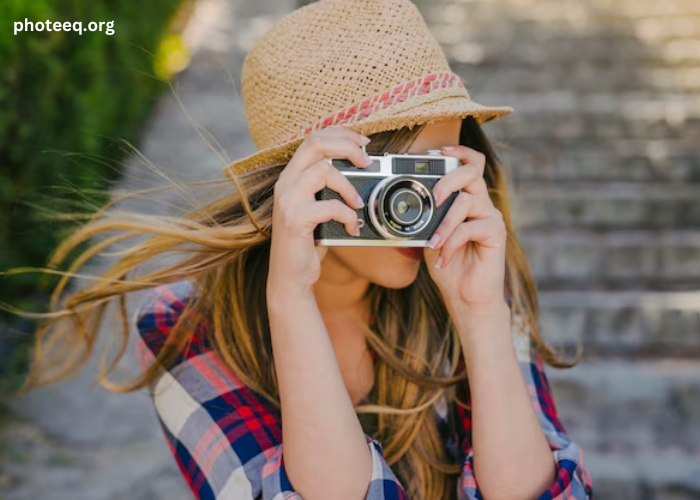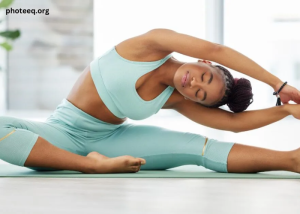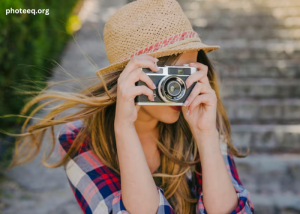
The best tips will turn your snapshots into art. Are you new to photography? Are you beginning your journey into digital photography? You are entering a fun, fantastic world that will entertain you for a lifetime. With these tips for beginner photographers, your journey will be more accessible than ever before—like accessing your favorite features effortlessly with a 22Bet login!
We’ve gathered the top photography tips and techniques perfect for beginners. Yet, experienced photographers may also find value in these tips. These tips will spark your passion for photography. They will serve as both a refresher and a source of fresh perspectives.
These beginner-friendly pointers will help you capture the photos you’ve always envisioned. Let’s dive into them!
Train a Good Eye for Photography
This sounds cliché, but it is one of the best tips for novice photographers. It means looking at things with a final image in mind. I like to refer to it as pre-visualization, as Ansel Adams did.
Observe your surroundings and envision the potential photographs they hold. Photography is more than taking pictures. It’s about crafting an image, potentially even a work of art, from the scene before you. Become an observer first before capturing anything.
Mastering the art of “seeing” is often crucial to becoming a skilled photographer. Yet, applying this concept is where real progress happens. Observe the world around you, thinking of making that scene your work of art. You can begin without even picking up a camera. A photographer’s mindset will help you improve your skills. Observe your surroundings before taking your camera out of its bag.
Understanding of Light in Photography
The next beginner tip for photography is to understand how light works. While you may already understand light, how does it impact your photography? After all, the word photography translates to “painting with light.”
To truly master photography, you must learn how to harness the power of light to enhance your images.
Basic camera settings can produce decent shots. But, to get better results, you must know the basics of photography. These skills are vital for creating images that people want to see repeatedly.
Please look at some of your favorite photos. They may be yours or others. Notice where the shadows fall and how the highlights play across your subject. Visualize where the light source that produced those highlights and shadows was. Think about how to position the light or subject better to improve the shot.
Managing light is one of the hardest photography tips for beginners. Once you’ve grasped this, your photos will noticeably improve.
Mastering the Basics
So, what are the essential photography concepts every beginner should understand? Exposure is controlled by aperture (or f-stop), shutter speed, and ISO. Understanding the exposure triangle is key to influencing the outcome of your image.
You don’t need to dive into full manual mode immediately. Just turn off the fully automatic setting. Then, experiment with your camera’s options. You can set everything manually or leave the camera on full auto. Additionally, semi-automatic modes can be a helpful stepping stone for gaining more control.
Aperture or shutter speed priority mode can help you learn exposure basics. They can freeze motion, create long daytime exposures, or control the depth of field.
At Capture the Atlas, we have a guide to camera modes. It helps beginners improve their photos. Dive into it to build a solid foundation in photography.
Shooting in Raw
One of my favorite beginner tips for good digital photos is to switch your file setting from JPEG to your camera’s RAW format. The primary reason is to allow you to edit images fully.
When editing images within a RAW file, you have much more exposure information to work with. Jpegs out of the camera might look good, but most images will enjoy at least a few tweaks.
A basic image editor makes many photo tricks and effects easy, making photography more fun. It will also teach you about exposure, light, and composition. To learn photography as a beginner, start by shooting in RAW and editing your images.
Conclusion
With these beginner photography tips, you’ll be well on your way to capturing stunning images beyond snapshots. Remember, photography is a continuous process of learning and exploration. Keep refining your skills; soon, your creativity transforms into art. Happy shooting!






